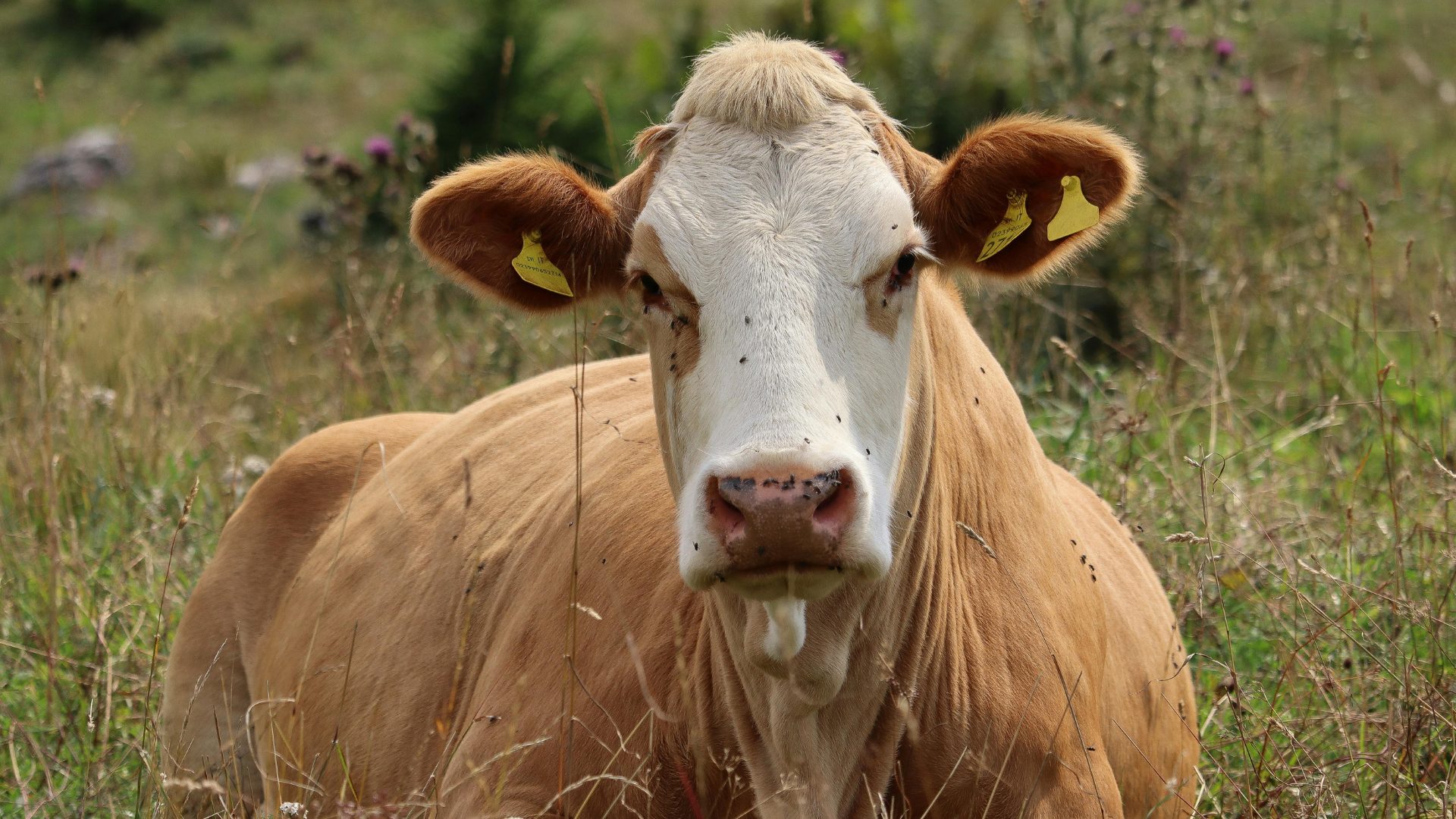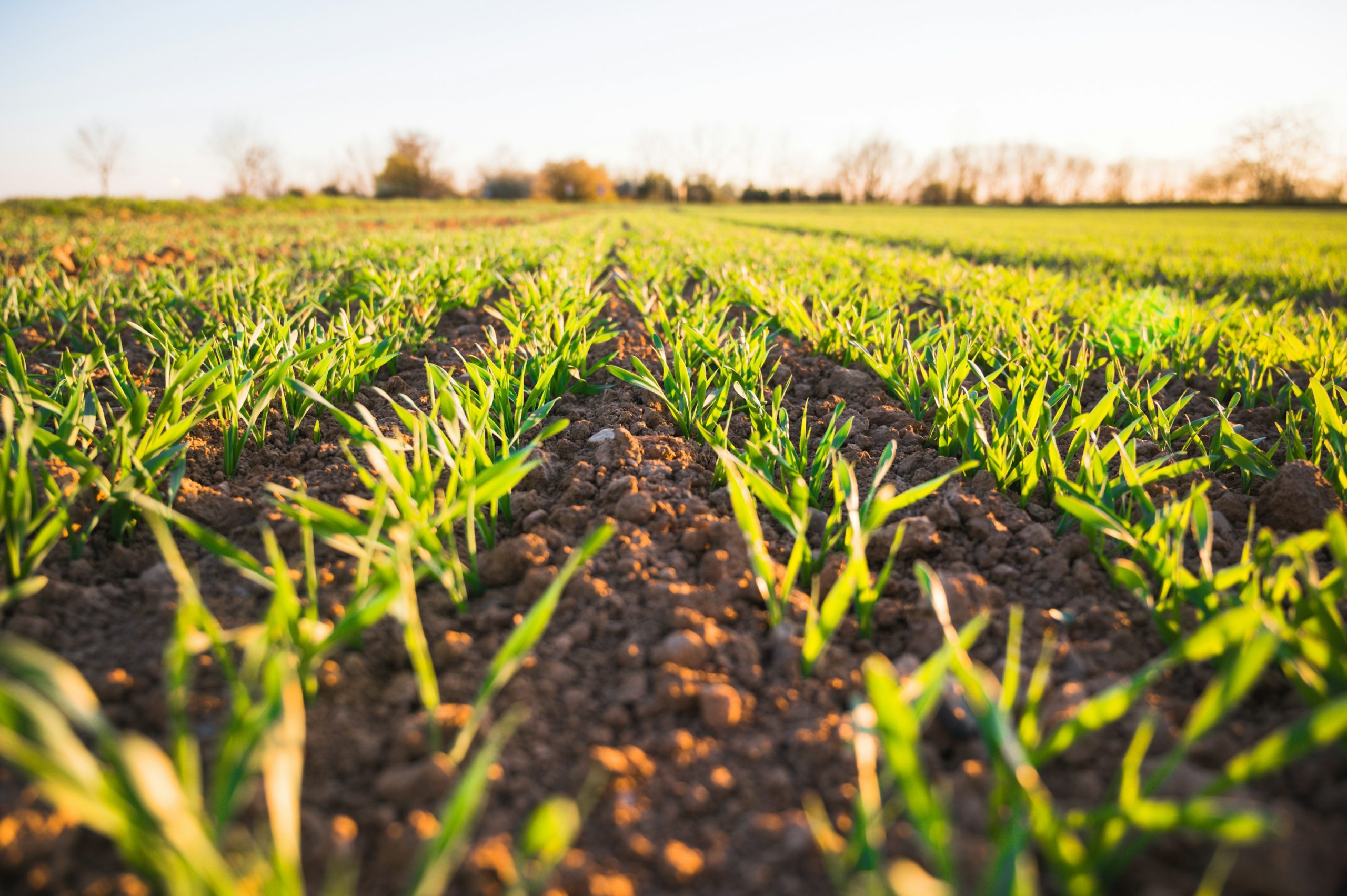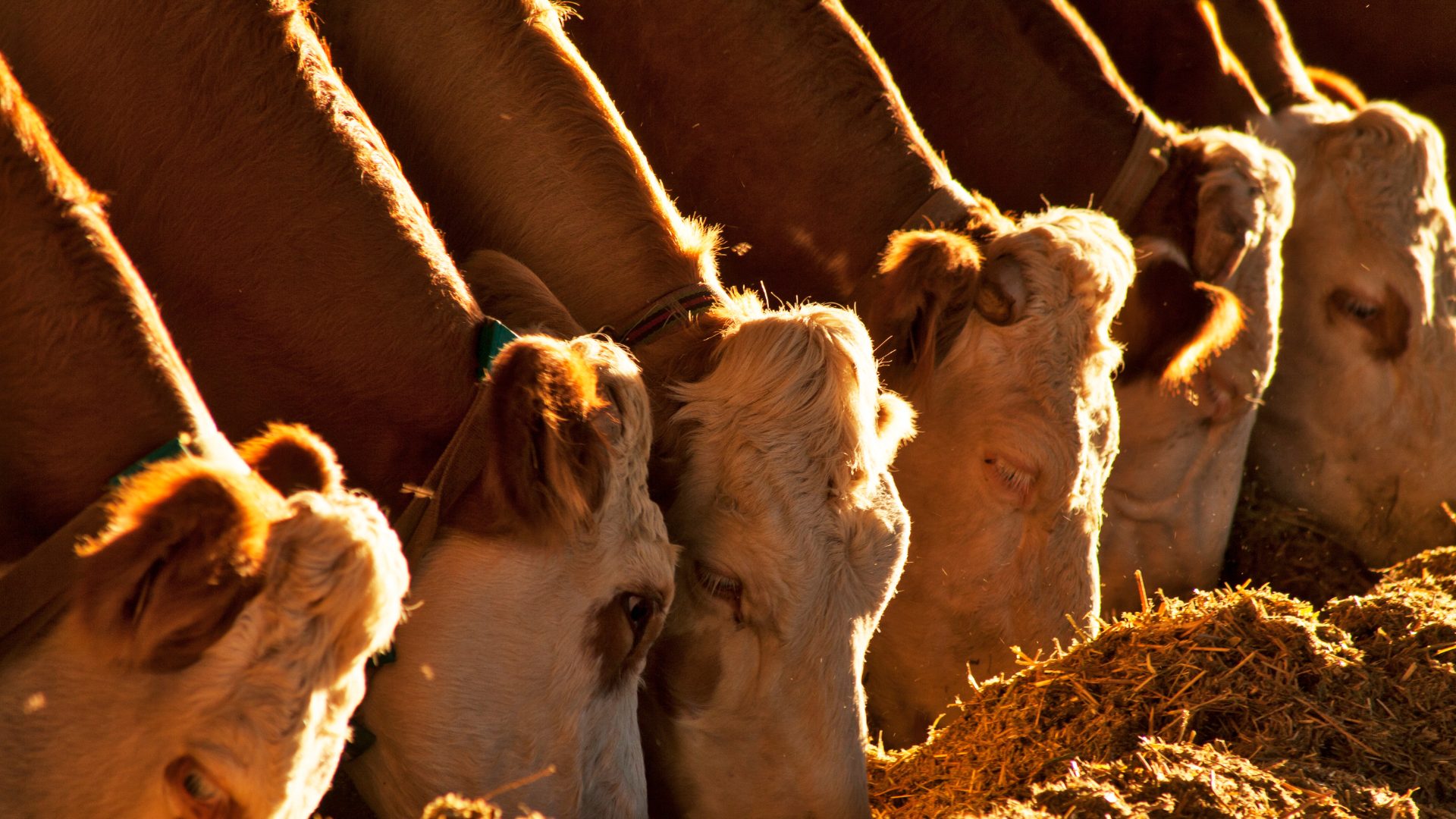Cargill is supporting farmer-led efforts to adopt practices and systems foundational to regenerative agriculture practices across 10 million acres of North American farmland over the next 10 years.
The initiative will focus on row crop rotations that include corn, wheat, canola, soybeans, and other staple crops. Cargill expects the regenerative agriculture practices to benefit from long-term profitability and resiliency of farmers while advancing the company’s progress in reducing greenhouse gas emissions in its global supply chain by 30% per ton of product by 2030.
It will also contribute to the company’s efforts to protect and enhance water solutions.
“When farmers adopt practices, and ultimately systems, such as reducing or eliminating tillage and adding cover crops, we can help mitigate climate change and protect water resources while improving the resiliency of the soil,” said Ryan Sirolli, Cargill sustainability director of row crops. “Investing in soil health principles is how agriculture can help enhance farmer livelihoods while reducing greenhouse gas emissions, improving water quality, and increasing drought resilience.”
Traditional farming depletes the soil and releases carbon dioxide into the atmosphere, reported NPR (Aug. 18). However, decades ago, a scientist named Rattan Lal helped start a movement based on the idea that carbon could be put back into the soil — a practice known today as regenerative agriculture.
There are pockets of regenerative agriculture systems that exist in North America, but there is a need to more rapidly scale soil health practices so that nature and people can reap the benefits, according to experts.
“The land is a farmer’s most valuable asset—key to their livelihood and productivity,” said Sirolli. “By supporting adoption of soil health principles with our farm partners, we can build healthy soils, increase resiliency and profitability and ensure their success, and the viability of their land, for future generations.”
Cargill will work with partners and other stakeholders across the supply chain to provide farmers access to technical and agronomic resources that support yield and profit objectives, training opportunities, support with data collection for benchmarking, and visibility to the needs of downstream consumer facing companies.
Egg Innovations also recently announced that the company is continuing the sustainable and ethical production of eggs on its 1,000 acres of farmland by investing in regenerative farming practices, reported Whole Foods Magazine (Sept. 17).
The focus is on regenerative shell egg farming to foster a symbiotic relationship between chickens and the environment.
“Regenerative agriculture, at its core, aims to combat climate change and improve the ecosystem of the planet,” said John Brunnquell, Ph.D., President and CEO of Egg Innovations. “Sustainable farming practices have always been in Egg Innovations’ DNA, but with the growing concern around climate change, the timing is right to raise the bar and be a part of the solution through innovation.”
Meanwhile, USDA invested $50 million in 10 conservation projects across 16 states through its Regional Conservation Partnership Program Alternative Funding Arrangements. Partners will contribute more than $65 million to amplify the conservation work that can be performed on agricultural land and privately owned forests across the nation.
“Through these projects, partners are able to take the lead and leverage the flexibilities that make RCPP so effective,” said USDA’s Acting Natural Resources Conservation Service Chief Kevin Norton. “Partners are delivering conservation in new and innovative ways, and by working together, we can harness our collective resources to produce greater results for conservation and agriculture.”












